The United Nations, or UN, was born on October 24, 1945. The organization was founded to safeguard democracy, freedom and peace in the aftermath of Nazism and World War Two. The UN was born out of the League of Nations, an organization created after World War One. The League had failed to prevent the outbreak of a second, even more catastrophic war. The name United Nations was first used during World War Two when 26 nations signed the “Declaration of United Nations,” pledging to fight the Axis powers of Germany, Italy and Japan.
The agreement implied acceptance of the Atlantic Charter, a proclamation by American President Franklin D. Roosevelt and British Prime Minister Winston Churchill. It was the first step to a supranational organization that could guarantee collective security. In October 1943, at the Moscow Conference, the US, the Soviet Union, Great Britain, and China began to work on the idea of an international organization open to all nations. It would be founded on the principle of equality among member states. Those same four powers met again at the Dumbarton Oaks Conference. At this meeting, the structure of the UN was defined. It would have a General Assembly, a Security Council, a Secretariat, and an International Court of Justice. At the Yalta Conference the concept of veto power took shape. The five permanent members of the Security Council – the US, Great Britain, France, China and the Soviet Union – could block by veto the adoption of any resolution approved by the Council. This would become known as the “Yalta formula. ”
The United Nations Charter was ratified in San Francisco after World War Two by the five permanent Security Council members and another 46 countries. In addition to seeking peaceful solutions to international conflicts, the UN encourages good relations among members, promotes social and economic cooperation and is committed to safeguarding human rights. However, the UN labors under heavy influence from two competing superpowers: the US and Russia. The liberal use of veto power by these two countries has severely limited the decision-making power of the UN. Balancing between the need to safeguard peace and the danger of violating nations’ sovereignty has always remained a delicate issue. However, the UN plays an important role in global diplomacy by giving every country a voice in international decision-making. In 2001, the UN and then Secretary-General Kofi Annan were co-recipients of the Nobel Peace Prize.
The agreement implied acceptance of the Atlantic Charter, a proclamation by American President Franklin D. Roosevelt and British Prime Minister Winston Churchill. It was the first step to a supranational organization that could guarantee collective security. In October 1943, at the Moscow Conference, the US, the Soviet Union, Great Britain, and China began to work on the idea of an international organization open to all nations. It would be founded on the principle of equality among member states. Those same four powers met again at the Dumbarton Oaks Conference. At this meeting, the structure of the UN was defined. It would have a General Assembly, a Security Council, a Secretariat, and an International Court of Justice. At the Yalta Conference the concept of veto power took shape. The five permanent members of the Security Council – the US, Great Britain, France, China and the Soviet Union – could block by veto the adoption of any resolution approved by the Council. This would become known as the “Yalta formula. ”
The United Nations Charter was ratified in San Francisco after World War Two by the five permanent Security Council members and another 46 countries. In addition to seeking peaceful solutions to international conflicts, the UN encourages good relations among members, promotes social and economic cooperation and is committed to safeguarding human rights. However, the UN labors under heavy influence from two competing superpowers: the US and Russia. The liberal use of veto power by these two countries has severely limited the decision-making power of the UN. Balancing between the need to safeguard peace and the danger of violating nations’ sovereignty has always remained a delicate issue. However, the UN plays an important role in global diplomacy by giving every country a voice in international decision-making. In 2001, the UN and then Secretary-General Kofi Annan were co-recipients of the Nobel Peace Prize.
RELATED
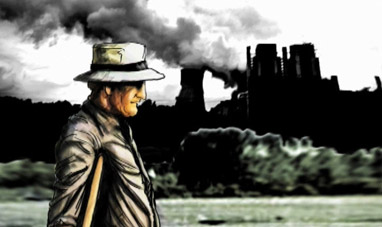

THE INDUSTRIAL REVOLUTION
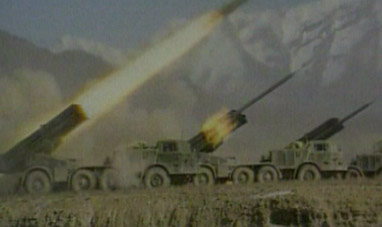

THE SOVIET INVASION OF AFGHANISTAN
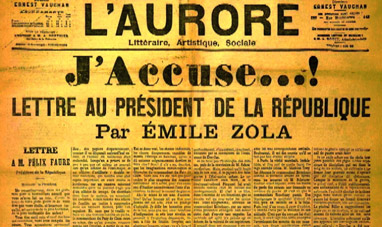

THE DREYFUS AFFAIR
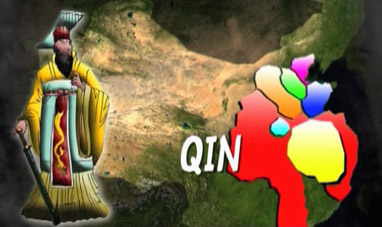

THE FIRST CHINESE EMPEROR AND THE QIN DYNASTY
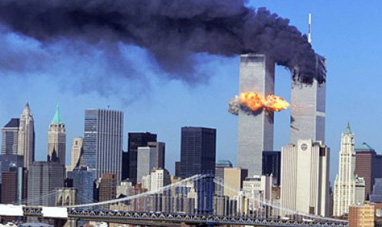

SEPTEMBER 11, 2001
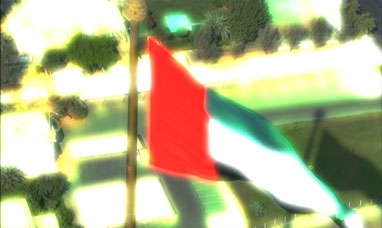

FOUNDING OF UNITED ARAB EMIRATES
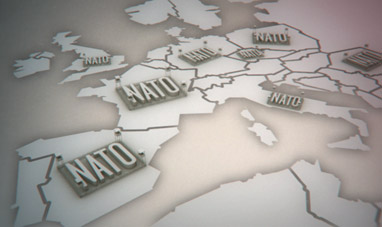

NATO (NORTH ATLANTIC TREATY ORGANIZATION)
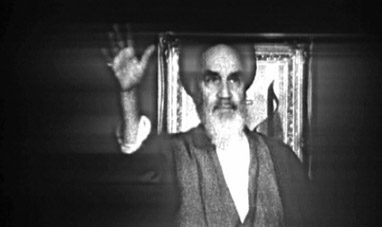

THE IRANIAN REVOLUTION
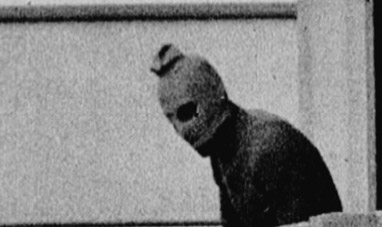

THE MUNICH MASSACRE


THE DESTRUCTION OF POMPEI
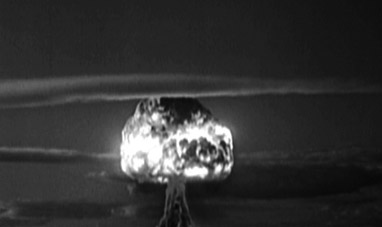

HIROSHIMA AND NAGASAKI
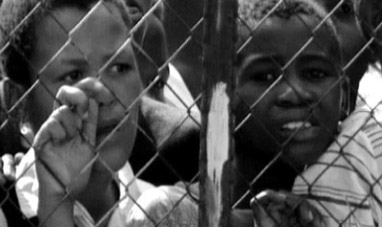

APARTHEID
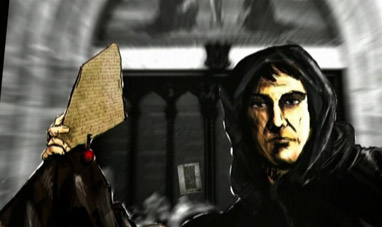

THE PROTESTANT REFORMATION
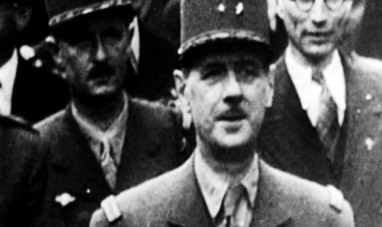

CHARLES DE GAULLE
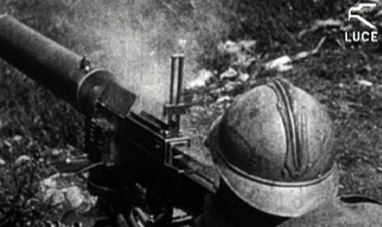

WORLD WAR I
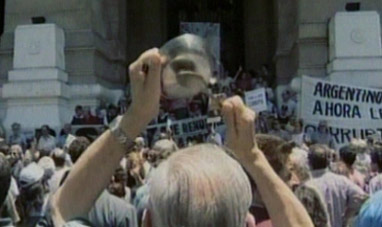

THE 2001 ARGENTINE ECONOMIC CRISIS
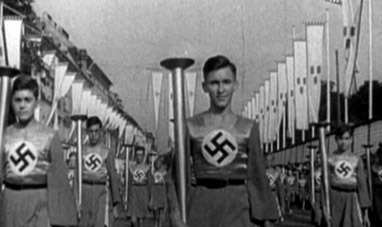

THE ADVENT OF NAZISM
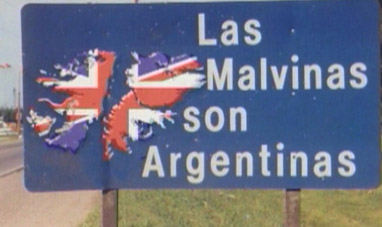

THE FALKLANDS WAR
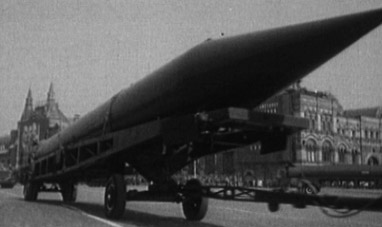

THE CUBAN MISSILE CRISIS
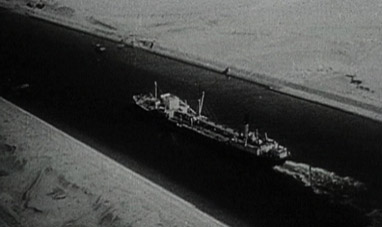

THE SUEZ CRISIS
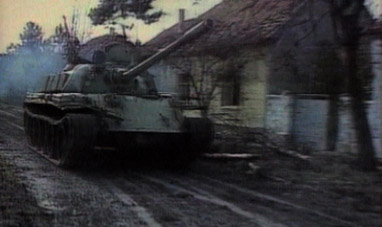

THE BALKAN WARS OF THE 1990S
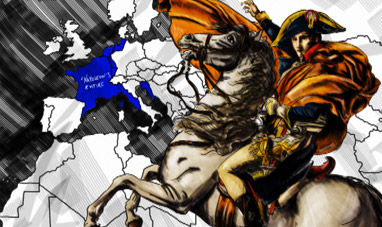

THE BATTLE OF AUSTERLITZ
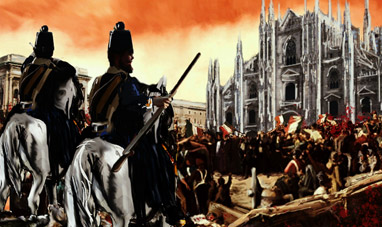

FIVE DAYS OF MILAN
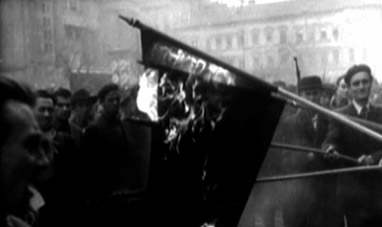

THE PRAGUE SPRING
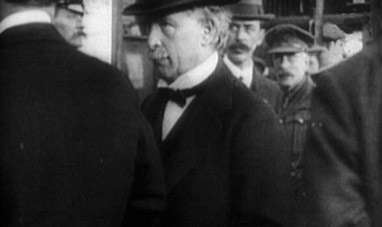

TREATY OF VERSAILLES
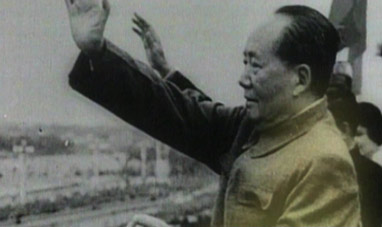

FOUNDING THE PEOPLE'S REPUBLIC OF CHINA
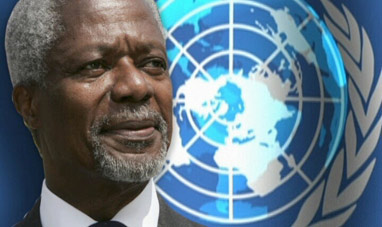

KOFI ANNAN
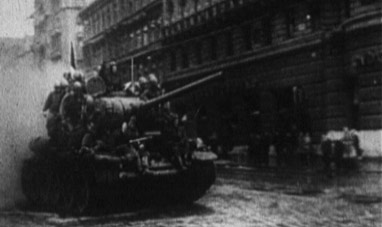

THE HUNGARIAN REVOLUTION OF 1956


TANGENTOPOLI
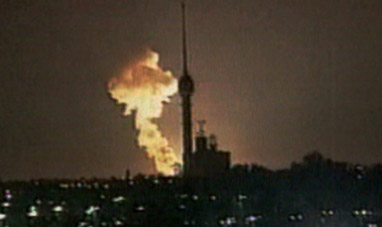

THE FIRST GULF WAR
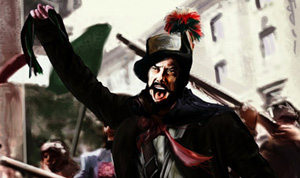

I MOTI DEL '48
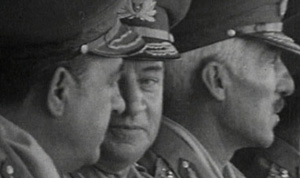

THE GREEK MILITARY COUP
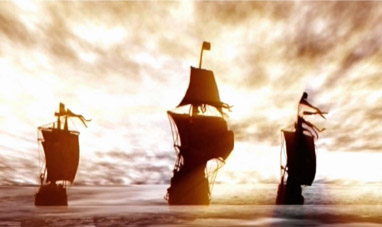

DISCOVERY OF AMERICA, THE
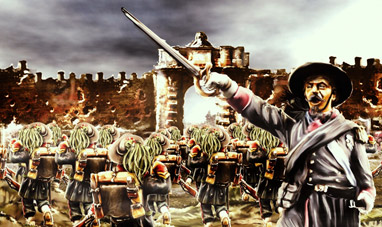

CAPTURE OF ROME
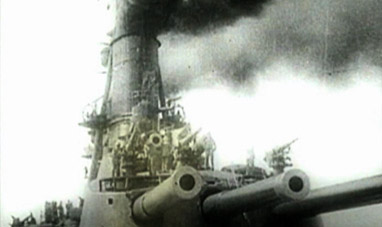

THE OUTBREAK OF WORLD WAR I
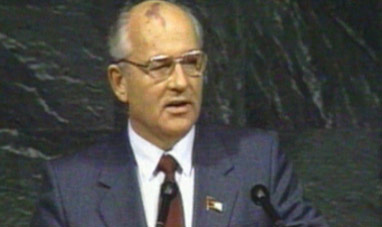

PERESTROIKA
